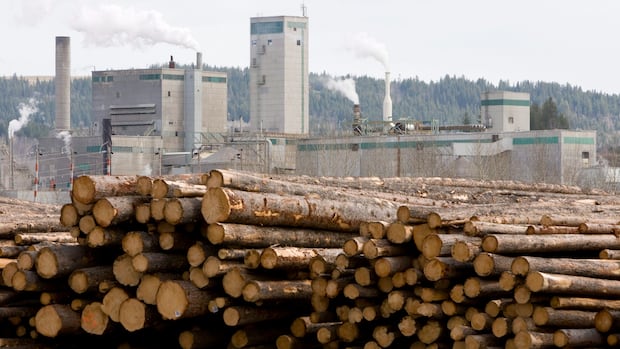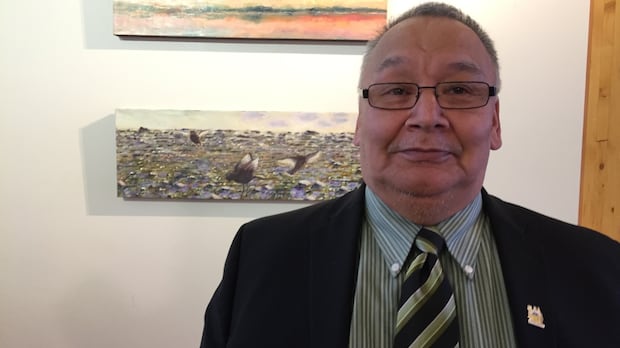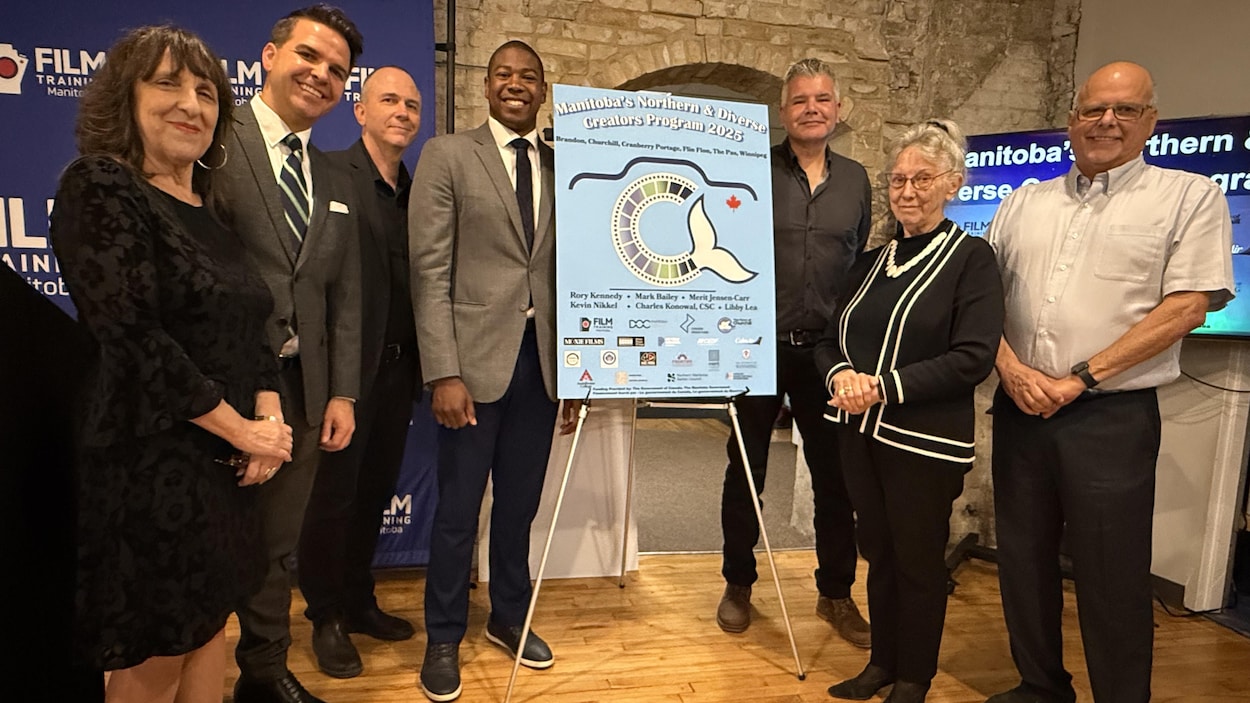British Columbia
Rumours astir driving laws successful Canada person dispersed owed to societal media and online artificial intelligence, according to the B.C. Highway Patrol.
Police, AI adept impulse caution online erstwhile it comes to telling information from fiction
Lauren Vanderdeen · CBC News
· Posted: Jun 27, 2025 8:00 AM EDT | Last Updated: 4 hours ago

Rules astir schoolhouse zones aren't changing connected July 1, contrary to what immoderate "disreputable websites" are claiming, says the B.C. RCMP's Highway Patrol.
The posted velocity bounds successful schoolhouse zones is 30 km/h and is successful effect from 8 a.m. to 5 p.m. connected schoolhouse days, unless the motion indicates otherwise, according to provincial law.
Cpl. Michael McLaughlin said constabulary person been receiving questions astir "persistent rumours" that schoolhouse portion speed limits across Canada volition beryllium successful effect 24/7 starting connected Canada Day.
"These rumours are false. They are not true, but they are a spot sticky — particularly connected societal media," helium said.
McLaughlin noted determination are a fewer clues that bespeak the rumours were ne'er legitimate.
One "red flag," helium said, is that the rumour said national laws were changing when postulation laws are mandated chiefly by provinces.
"And each of these analyzable changes happening astatine erstwhile alternatively rapidly – different reddish flag."
McLaughlin said immoderate constabulary probe showed a website successful India appeared to beryllium 1 of the aboriginal sources of the rumour, but it wasn't wide if it was repeating mendacious accusation that was already online.
He said societal media and online artificial intelligence, including those recovered done hunt engines, are amplifying the misinformation.
Harder to find facts, says misinformation expert
Heidi Tworek, a prof and manager for the Centre for the Study of Democratic Institutions astatine the University of B.C., said it's unfortunate but not astonishing that AI could beryllium misleading the public.
As AI becomes progressively common, it's harder to find whether accusation is trustworthy oregon not, she said.
And it's peculiarly concerning from a Canadian perspective, arsenic the incidental shows definite AI has not been programmed to prioritize much trustworthy sources specified as government websites.
"That truly opens the doorway to much misinformation," said Tworek.
She noted hunt engines similar Google are often putting AI-generated answers astatine the apical of search results.
But Tworek added it's casual for atrocious actors to make a website — oregon 20 — with low-quality information, which is past harvested by AI.
"If you enactment garbage in, you volition get garbage out," she said.
AI-generated hunt results summarize what exists online, but don't needfully prioritize high-quality information, according to Tworek.
She suggested scrolling past them to find direct, primary sources of information.
Tworek also recommended asking a chatbot for its sources, peculiarly for important accusation similar postulation laws.
McLaughlin agreed.
"Be thoughtful astir what you're repeating, and if it doesn't look similar it's existent and determination are problems with the information, past don't repetition them," helium said.
"We each request to beryllium connected the aforesaid leafage astir what is ineligible and what isn't legal."
ABOUT THE AUTHOR
Lauren Vanderdeen is simply a web writer for CBC British Columbia. She formerly worked for assemblage newspapers, including the Burnaby Now and New West Record. You tin scope her astatine [email protected].
With files from Tanushi Bhatnagar

 8 Months ago
75
8 Months ago
75










 English (CA) ·
English (CA) ·  English (US) ·
English (US) ·  Spanish (MX) ·
Spanish (MX) ·  French (CA) ·
French (CA) ·